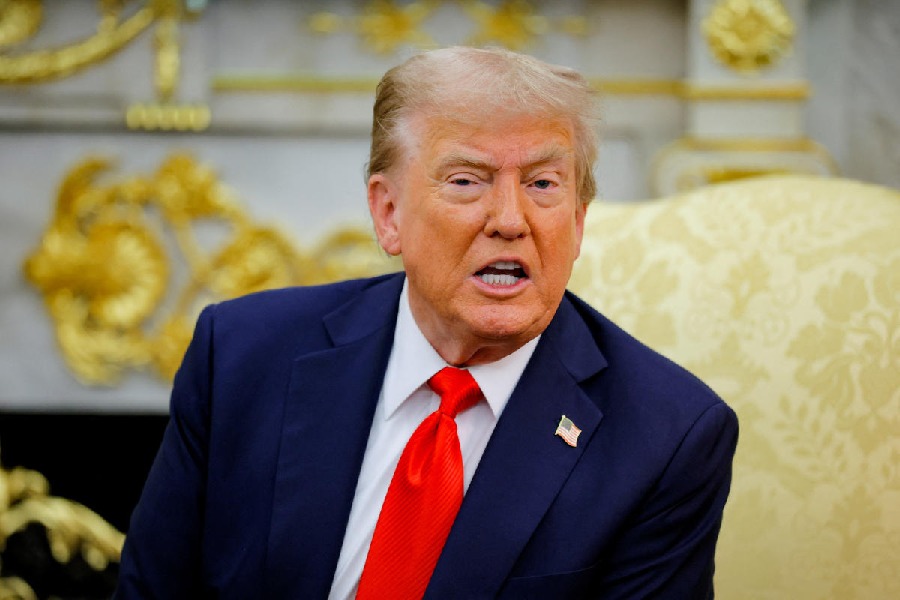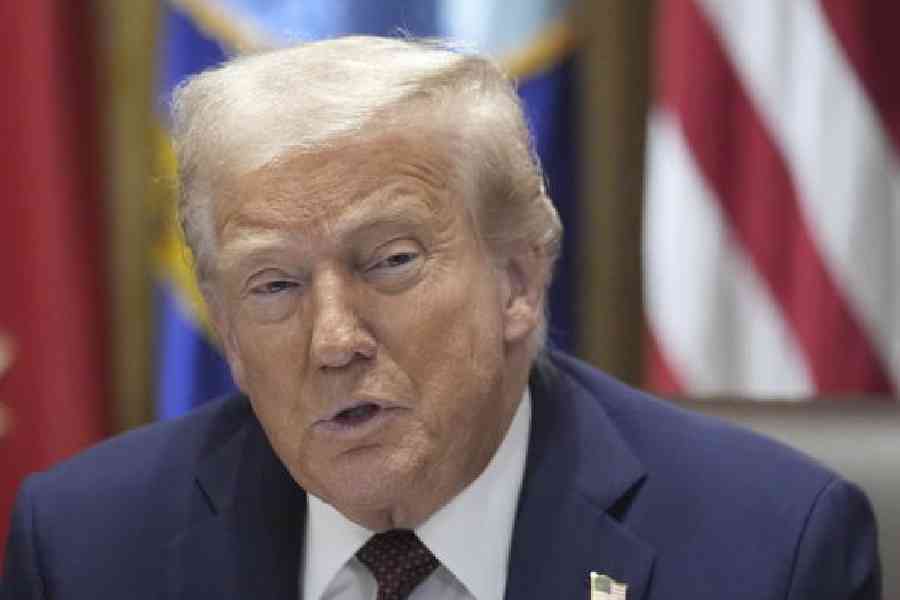A federal judge has blocked the Trump administration from unilaterally cutting billions of dollars of foreign aid authorized by Congress that is set to expire at the end of September.
US District Judge Amir Ali in Washington ruled on Wednesday night that the administration remains under a duty to comply with appropriations laws unless Congress changes them and cannot choose not to spend roughly $4 billion of the $11.5 billion appropriated in 2024 set to expire on September 30.
Some funds from prior appropriations cycles also expire on September 30.
The order, if it stands on appeal, would bar President Donald Trump from effectively bypassing Congress to cancel the funding as he sought to do last week through a so-called pocket rescission.
A pocket rescission is a maneuver in which a president submits a request to Congress to rescind previously approved funding toward the end of a fiscal year before lawmakers can within a mandatory 45-day window act upon the request, allowing it to go unspent.
But Ali said the administration must make the funding available before September 30.
The administration appealed Ali's decision on Thursday. The White House did not respond to a request for comment.
Ali, an appointee of Democratic President Joe Biden, previously blocked the administration from withholding the money after concluding that doing so violated separation-of-powers principles embodied in the US Constitution.
A divided panel of the US Court of Appeals for the District of Columbia Circuit recently overturned that decision, holding that a group of nonprofits and businesses suing over the loss of funding could not pursue that type of claim.
But the court left open the ability for the plaintiffs to argue that the administration's unilateral decision not to spend funds as Congress directed also violated the Administrative Procedure Act, which Ali found it did.
"Whatever the reason, Defendants have given no justification to displace the bedrock expectation that Congress's appropriations must be followed," Ali wrote.
Noting that he was "only one part of a review process that has yet to completely unfold," Ali said he moved to rapidly rule on that question, as higher courts will likely need to weigh in before the funds reach their expiration dates.
Those courts could include the 6-3 conservative majority US Supreme Court, which the administration has already turned to twice in the litigation.












